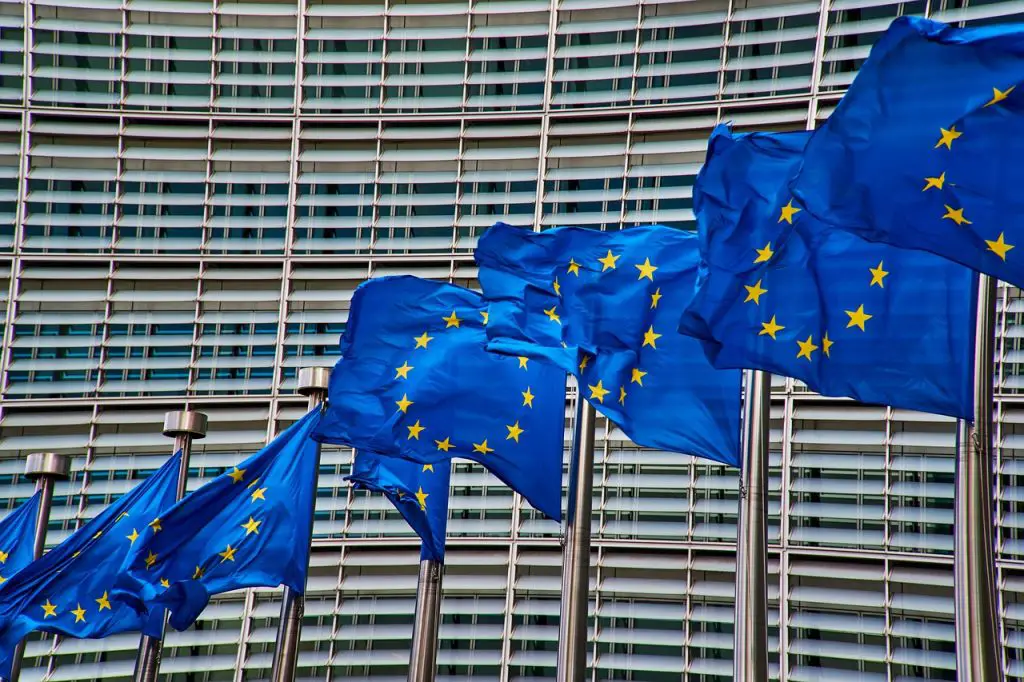
The European Commission has demanded that Apple and Google make substantial modifications to their core products to comply with the Digital Markets Act (DMA), warning that failure to do so could result in fines of up to 10% of their global revenue. This decision significantly escalates pressure on the American tech giants and poses a direct challenge to the administration of Donald Trump, which previously denounced European regulation as “extortion.”
Apple has been ordered to grant third-party developers access to key iPhone functionalities, including notifications and device pairing, and to revise its policies governing interactions with developers. Google, for its part, must cease prioritizing its own services in search results and app store rankings to the detriment of its competitors.
The EU has sought to avoid politicizing the matter: no public press conference was held, and the announcement was accompanied by a clarifying statement that the action represents mere enforcement of existing law. Nonetheless, the decision has provoked discontent in the United States. Previously, Trump signed a memorandum pledging to protect American companies from foreign regulatory pressure, specifically citing the DMA.
European officials note that the case against Apple parallels the ongoing antitrust lawsuit brought by the U.S. Department of Justice. Google, meanwhile, has asserted that it has already made concessions, which it claims have led to reduced traffic for its European partners. Even so, Brussels continues to push for more sweeping reforms.
Additional rulings related to the DMA are expected in the coming weeks, potentially including targeted penalties and even more stringent restrictions on the operations of digital titans.


